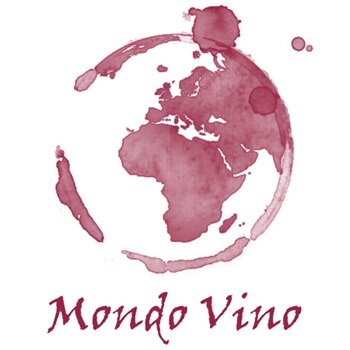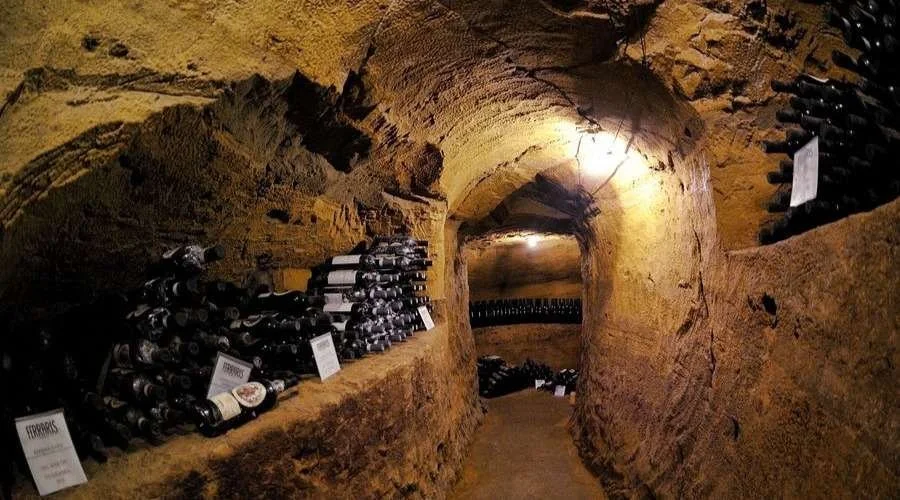AGRICOLA FERRARIS-Piedmont (Monferrato)
Ferraris Agricola was first born in 1921 and 3 generations have followed. The property counts about 40 hectares of land, whose heart is located in Piedmont, province of Asti and more precisely in the municipality of Castagnole Monferrato and which has expanded in the years thanks to important acquisitions. Here, it is exactly where nature has created an ideal terroir for vineyards and a unique variety of landscape: wild and uncontaminated areas, meadows, woods alternate with vineyards, painting a picture of rural areas of ancient beauty.
The winery is a point of reference for the whole Ruchè di Castagnole Monferrato appellation in the world, the pride of a rediscovered appellation, the fruit of that countryside glory that has remodeled the hills of Monferrato.
The soil, which originated in the Miocene, is marly, becoming clayey and sandy, rich in fossils, a sign of the ancient presence of the sea. It also presents evident signs of tuff of which we find samples in the underground historic cellar of the Ferraris family, called infernot, common in the areas. They are small caves dug in the rock, once intended as natural cellars within the households.
The story of the winery dates back to the late 1800, when when Luca’s great-grandfather, Luigi, migrated to America joining the Gold Rush in California and thanks to his profit, the family had the opportunity to purchase the largest house in town, where the winery was born and where the family’s historic cellars can still be found.
Owner & winemaker Luca Ferraris followed in his grandfather’s footsteps, continuing the wine growing traditions he started in 1923. When Luca took over in 1999, he restored the old cellar & began making wine, with a goal of high-quality production & exports. In 2003 he partnered with Randall Grahm of Bonny Doon Vineyards to increase his production, and today he produces over 10,000 cases. Luca Ferraris helped put Ruchè on the map; his winery is the largest family-owned agricultural company in the Ruchè growing region.
Since then, the thread has never been broken. An interaction between place and identity that has gone through war, industrialization, acquisitions and new plantings, without ever losing its natural vocation of respect for the territory, protection of excellent viticulture and the character of wine.






